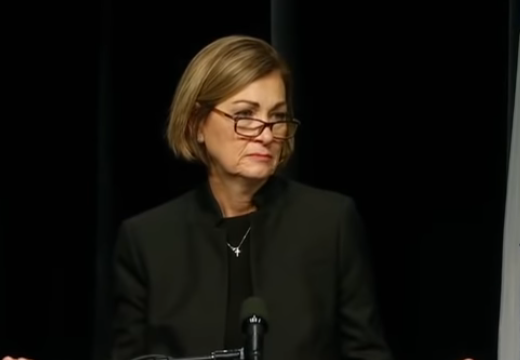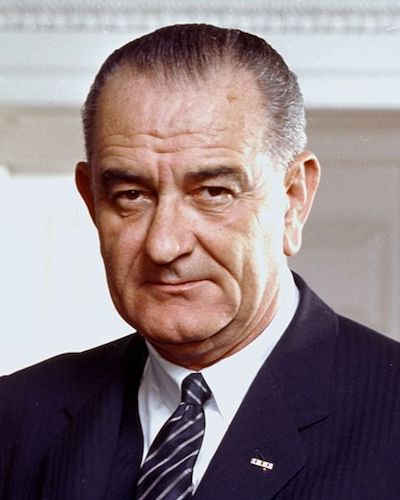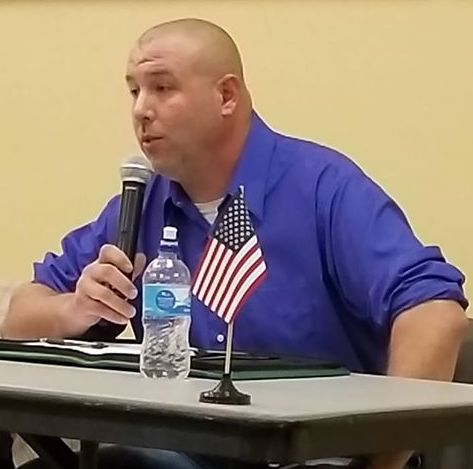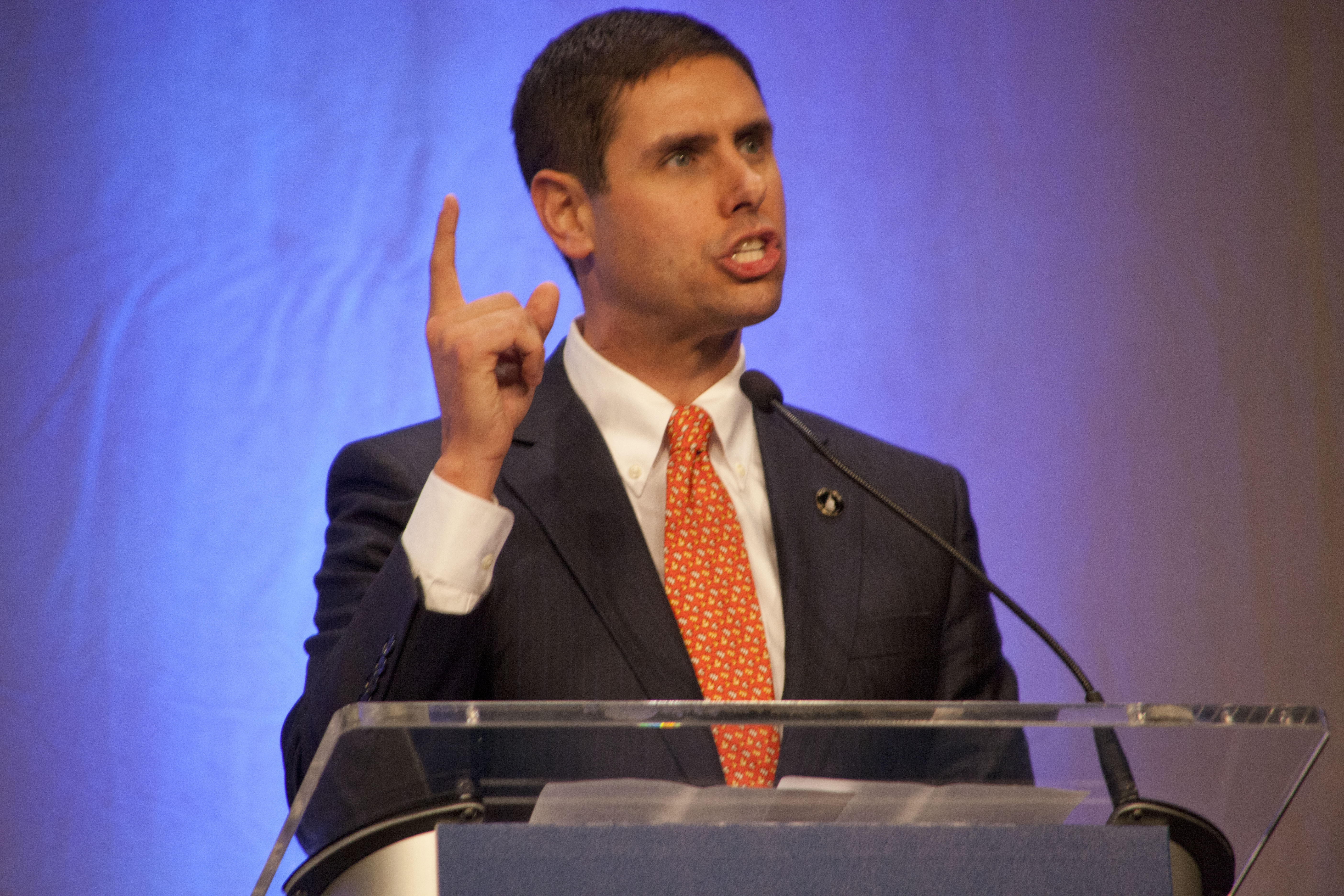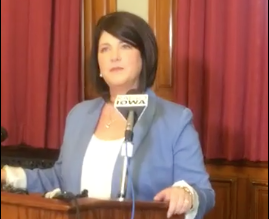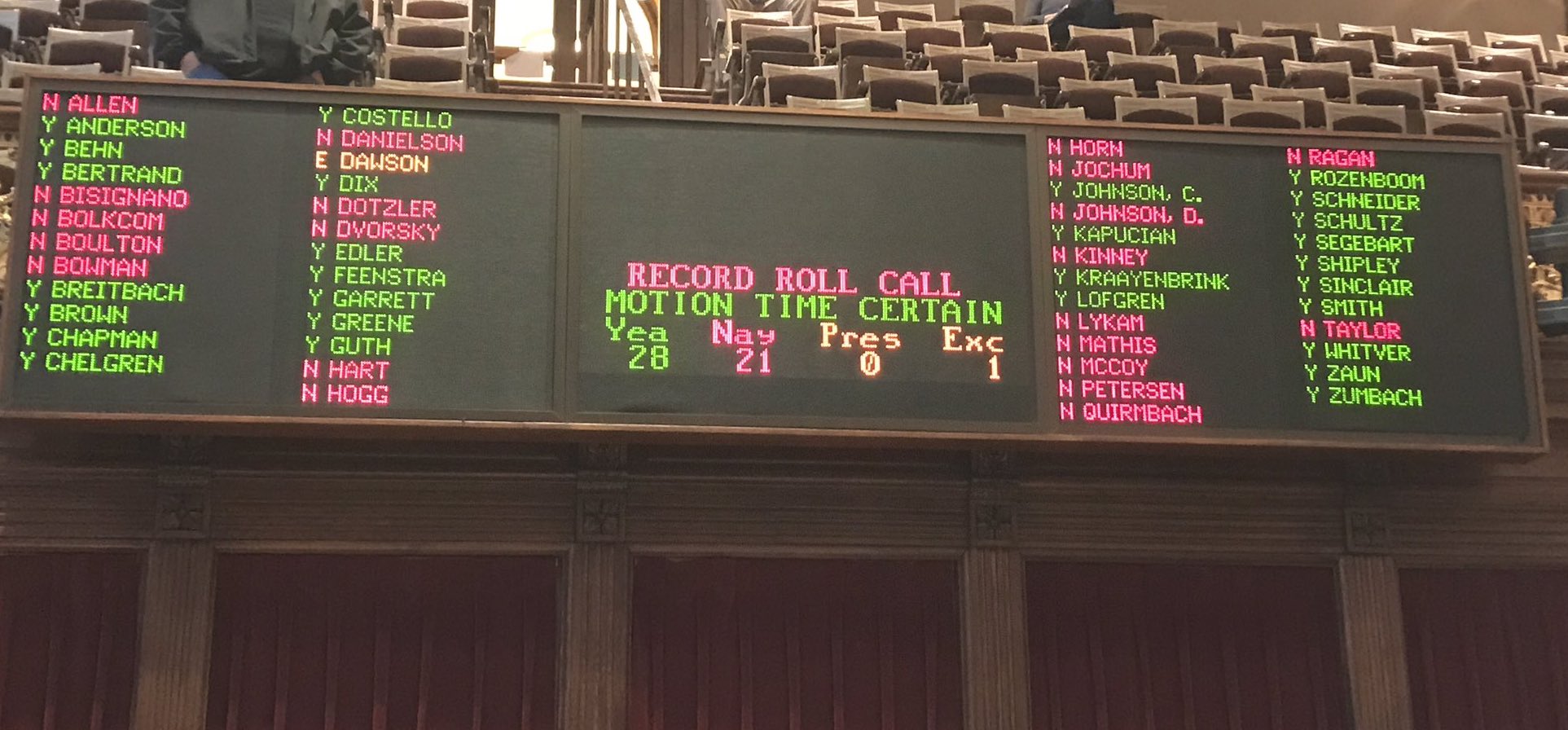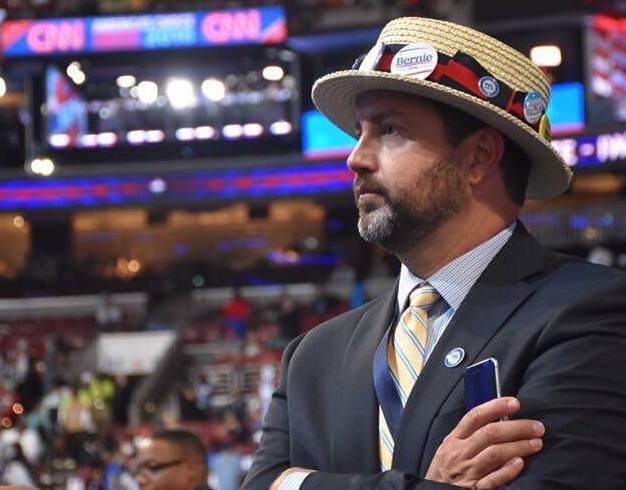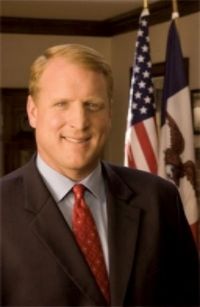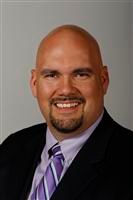Not long ago I wrote about tension between Governor Chet Culver and advocates for organized labor in Iowa.
The Des Moines Register reported this week that labor layer Mark Hedberg has created a few hundred fake milk cartons with Culver’s photo under the word “MISSING”:
“Have you seen me?” the cartons read. “Description: Democratic Governor with alleged loyalty to Iowa workers and Labor. … Approach With Caution: May have developed amnesia and is known to throw fits when reminded of his promises. If found, please call 1-800-NOT-LOYAL.”
The Uncommon Blog of Iowa posted a photo of the fake milk cartons.
The Des Moines Register described the text on Hedberg’s creations:
BRAND NAME: The brand name of the milk is C Abunchof Hot Air. Under that label, it says: “Empty words added. Grade F homogenized pasteurized.”
SLOGANS: One side says “got chet?” and “High hopes by voters. Broken promises by Chet.”
NUTRITION INFORMATION: In the nutrition chart, the serving size is “1 term (4 years).” It goes on: “Amount of Support Per Serving: Hot Air 600, Empty Words 520.” There’s a breakdown of a fictitious percentage of daily values: corporate terrorist money 100%, secret health care legislation 100%, raising taxes on Iowa workers 100%, broken promises to labor 100%. It cites 0% for public employee union rights, fair share, prevailing wage, choice of doctor, employee misclassification and leadership.
“Corporate terrorist money” supposedly refers to a $5,000 campaign contribution to Culver from Agriprocessors, which allegedly has committed numerous labor and safety violations at its meat-packing plant in Postville.
The Register quoted Hedberg as saying that no union helped him pay for or assemble the fake milk cartons. His professional web site lists AFSCME and seven other unions as clients.
I’ve got four comments and one question regarding the issues Hedberg raised.
Comment 1: This wasn’t the best time to tease Culver about being missing on the job.
I find myself in rare agreement with Des Moines Register columnist John Carlson, who noted that Culver has been “anything but missing” in recent weeks. He’s been out there talking with Iowans in dozens of flooded communities.
Comment 2: Aside from collective bargaining, which refers to a bill Culver vetoed (House File 2645), most of Hedberg’s complaints apply equally to the Democratic leadership in the state legislature.
After all, it was the Iowa House and Senate which passed bills Hedberg doesn’t like (such as the cigarette tax increase) and failed to pass things he wants (such as “fair share” or “prevailing wage” legislation).
The Register quoted Hedberg as blaming Culver for the inaction: “He lost an opportunity to work out a joint party agenda and get it passed,” Hedberg said. “He didn’t take the initiative.”
My recollection is that Culver did support the “fair share” proposal. If the votes weren’t there to pass that or other measures important to organized labor, the solution is to elect more and better Democrats to the Iowa legislature.
The major labor unions in this state recognize this and are working to expand the Democratic majorities in the House and Senate.
The money Hedberg spent on his publicity stunt would have been better spent supporting the campaigns of Democratic incumbents or challengers who are good on labor issues. I’m sure he knows who they are.
Comment 3: Regarding the collective bargaining bill that Culver vetoed, I believe that labor advocates are wrong to put all of the blame for that mess on the governor.
As I’ve written before, I support the substance of the collective bargaining bill. However, the way that bill was passed would have made Culver look like a tool of organized labor if he had signed it.
The solution is for the Democratic leadership in the House and Senate to pass a collective bargaining bill the normal way next year. That is, get the proposal out in the open early in the session and allow full debate. Don’t let someone offer it as an extra-long amendment after the “funnel” deadline for introducing new legislation has passed, and then try to limit debate on the measure.
With several more Democrats in the Iowa House and Senate, we could get a good collective bargaining bill through with no problem.
Comment 4: I suspect that publicity about organized labor being mad at Culver is on balance good for the governor. Who can claim that he is beholden to “special interest” unions when a labor lawyer is giving him low ratings on their issues and the Iowa Federation of Labor’s newsletter publishes this?
“The 2008 Legislative Session will go down in Iowa labor history as the session when a Democratic governor turned his back on the unions that enthusiastically supported him and helped get him elected,” the newsletter said. “When Gov. Culver vetoed the public sector collective bargaining bill, not only public workers, but all of labor was stunned by what they felt was an out-and-out betrayal.”
If Hedberg’s goal is to drum up more business for his law firm, fake milk cartons making fun of Culver might achieve that. But if the goal is pressuring the governor to spend more political capital on supporting labor’s legislative agenda, I don’t see this working.
The milk cartons give the serving size for Culver as “1 term (4 years).” But let’s get real. Labor unions are not going to support a Democratic primary challenger to Culver in 2010, and they are not going to support his Republican opponent.
This whole controversy will probably help Culver’s reelection campaign more than it hurts.
Which leads me to my question for labor advocates who are angry with Culver:
Do you have any reason to believe that Mike Blouin, whom AFSCME and some other unions endorsed in the 2006 Democratic primary for governor, would have signed the collective bargaining bill under the same circumstances, or would have done more to adopt “fair share” or “prevailing wage” legislation?
If so, I’d like to hear why. I never did fully understand the union support for Blouin. It’s not as if Blouin’s economic development work focused on creating union jobs or promoting collective bargaining. If anything, he got more money and support from Chamber of Commerce types than Culver.
Let’s elect a stronger Democratic majority in the Iowa House and Senate. If good labor bills are adopted through normal legislative procedures in 2009, I expect Culver to sign them.
UPDATE: Someone has e-mailed me to note that AFSCME and other unions endorsed Blouin not because they thought he’d be better on labor issues, but because they thought Culver couldn’t beat Jim Nussle.
That was also my impression (although I have no contacts inside those unions).
I think that if they’d gotten their wish and Blouin had won the primary, we would have a governor no more supportive of collective bargaining or “fair share” than Culver, and perhaps even less supportive.
Continue Reading...


